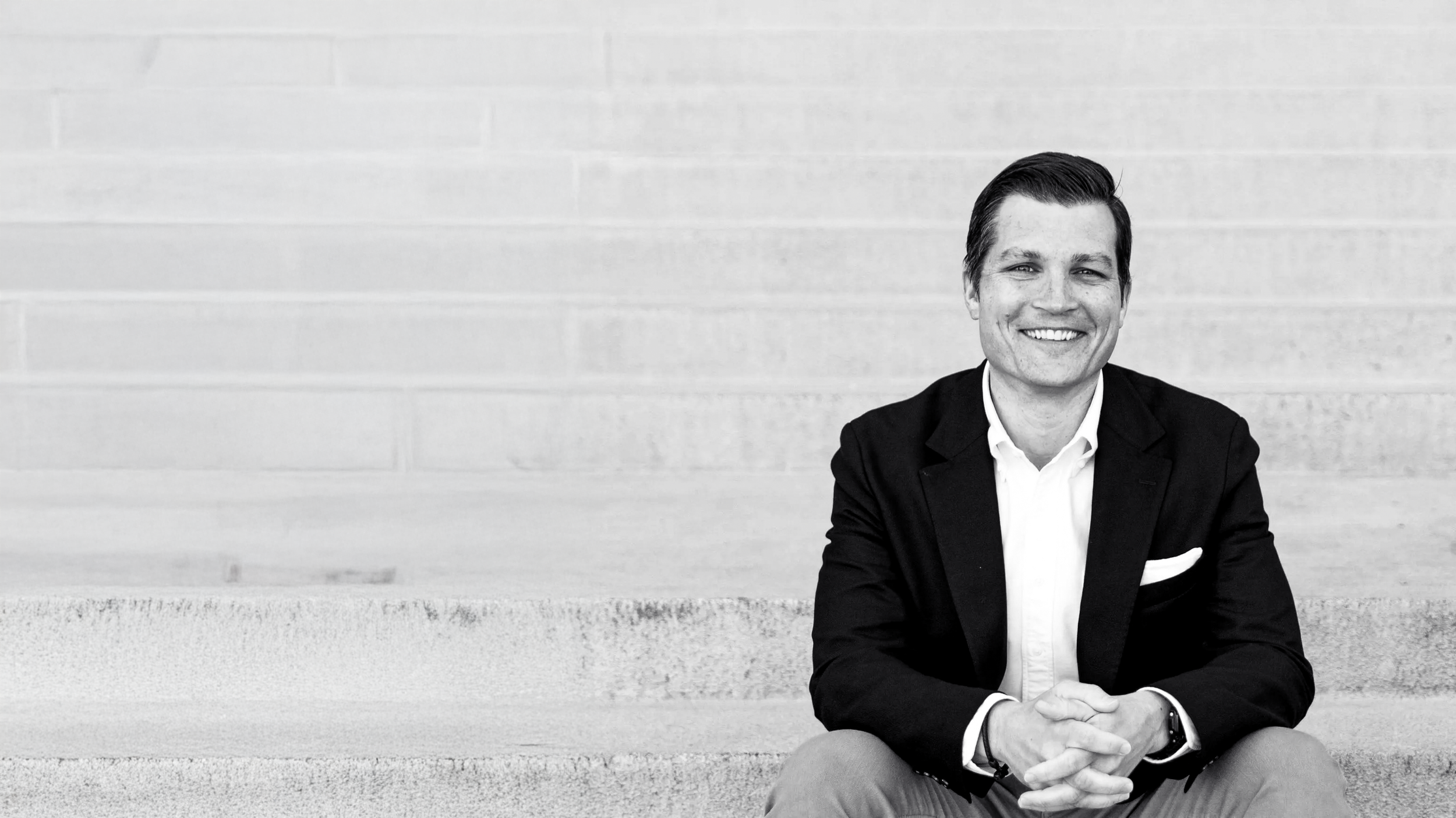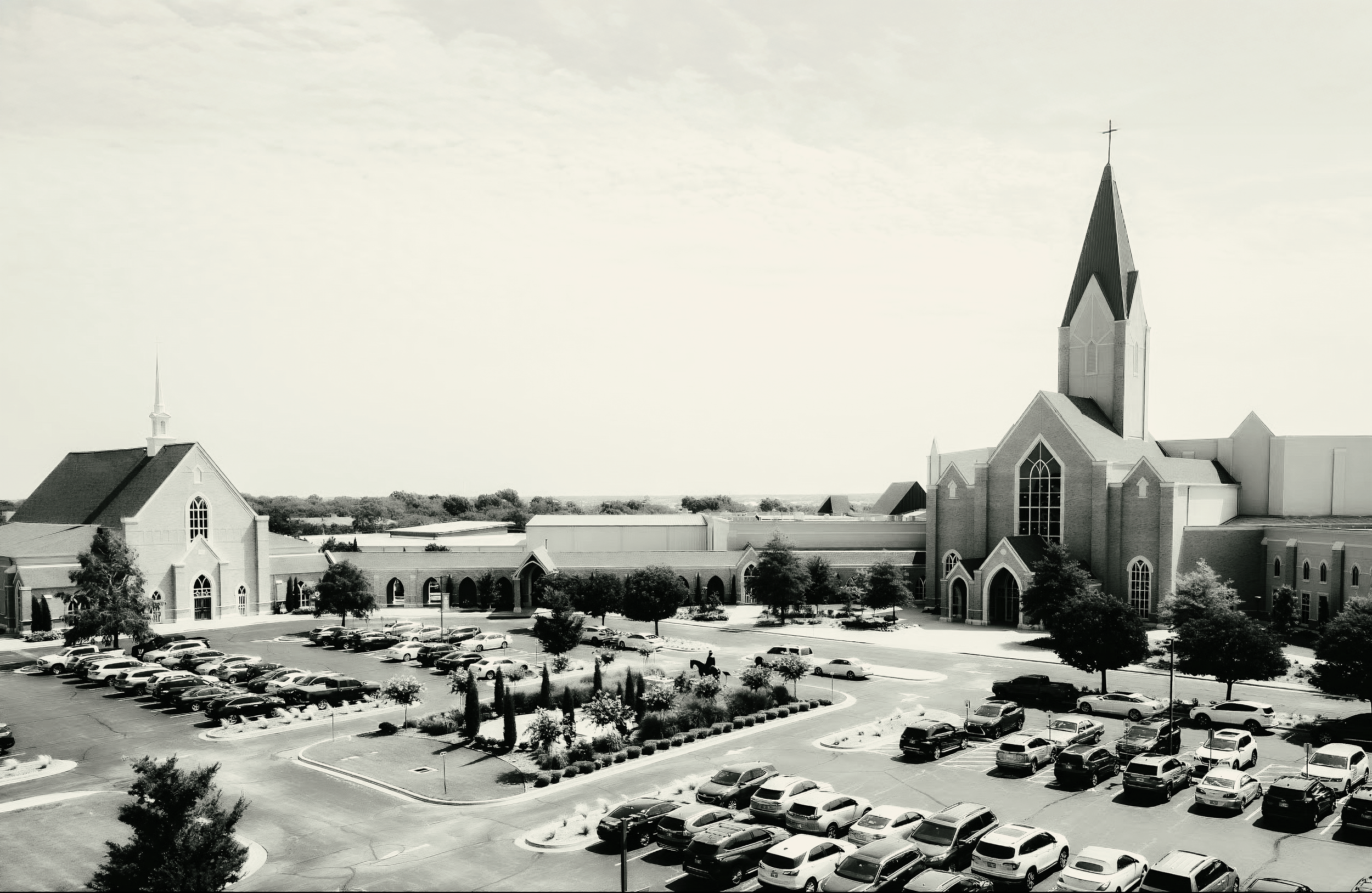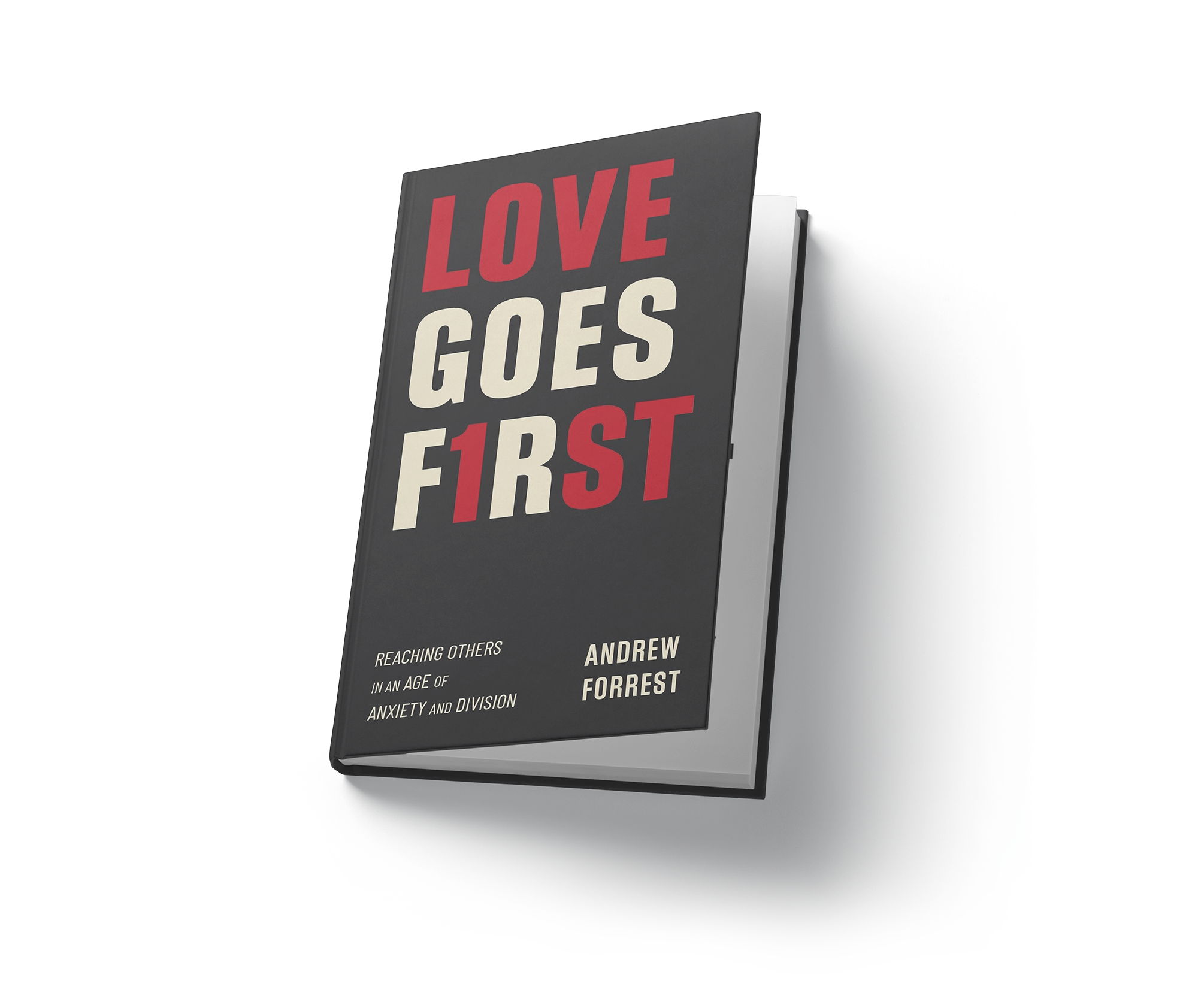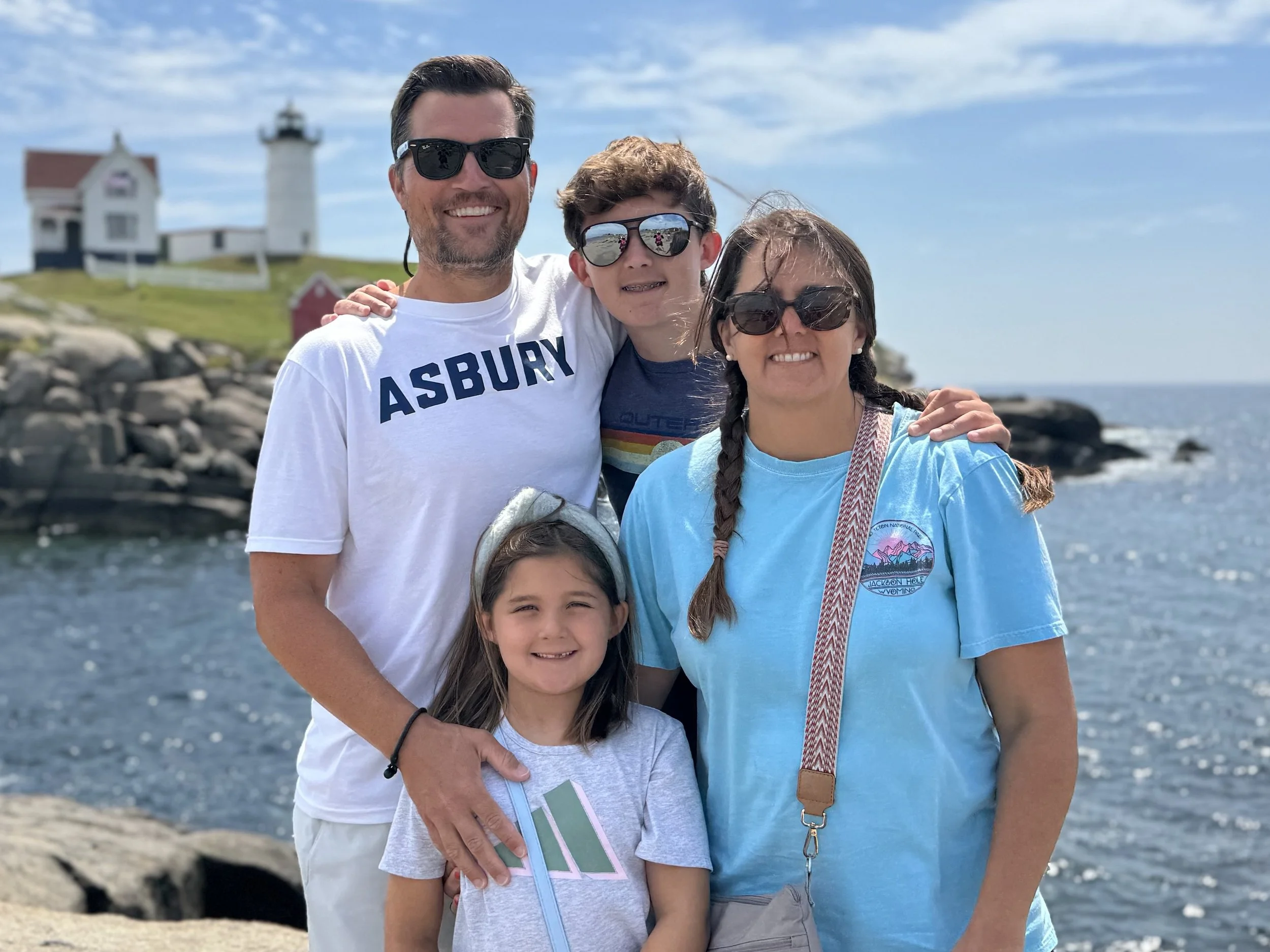
GOD HAS MORE FOR YOU.
NEW BOOK:
LOVE GOES FIRST
Reaching Others in an Age of Anxiety and Division
In a world marked by fear, division, and mistrust, the Church is called to go first in love—because loving our neighbors isn’t optional, it’s commanded by Jesus. Love Goes First by Andrew Forrest offers a simple, powerful framework to risk connection with others, even when it’s uncomfortable or misunderstood. Readers will walk away inspired to build relationships of respect and transformed by a deeper understanding of God’s redeeming love for the world.
MEET
ANDREW FORREST
Pastor Andrew Forrest is the Senior Pastor at Asbury Church in Tulsa, OK, a third-generation Methodist minister. He previously served as the pastor of Munger Place Church in Dallas for 12 years. Raised in West Africa and Virginia, he received his undergraduate degree from Columbia University and a graduate degree from Southern Methodist University in Dallas.
He is married to Elaine, and they have two children: Jack and Annie.

ASBURY CHURCH
Since its founding in 1962, Asbury Church has been a vibrant and influential congregation in Tulsa, Oklahoma and beyond. Asbury grew to become one of the largest United Methodist churches in the nation before its formal disaffiliation from the United Methodist Church (UMC) in March 2022. Since becoming an independent church, Asbury has continued to grow and experience some of its best years under Andrew Forrest’s leadership as Senior Pastor.


